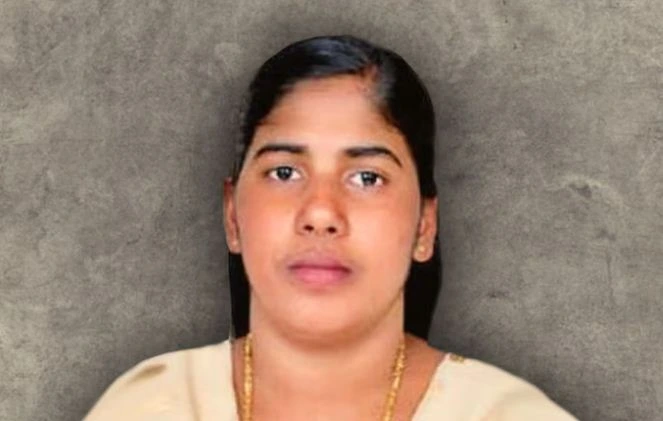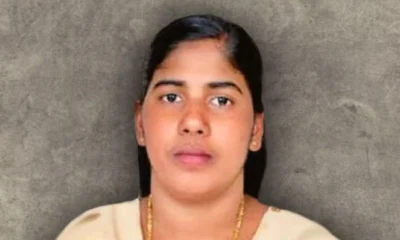India News
Yemen upholds death sentence for Indian nurse; India vows to assist in appeal process

India News
Security tightened across Delhi metro stations after bomb threat emails
Delhi is on high alert after bomb threat emails targeted metro stations, the Red Fort and the Assembly. Authorities confirmed the threats were hoaxes but tightened security as a precaution.
India News
JNU protest turns violent as Left and Right student groups trade charges
A late-night protest at JNU turned violent as Left and ABVP student groups accused each other of stone-throwing and attacks near the East Gate.
India News
World praised India’s AI potential at AI Impact Summit, says PM Modi
PM Modi said the world praised India’s AI potential at the AI Impact Summit 2026, where 89 countries endorsed the New Delhi Declaration on artificial intelligence.
-

 LATEST SPORTS NEWS20 hours ago
LATEST SPORTS NEWS20 hours agoICC Men’s T20 World Cup 2026: South Africa outclass India with smart slower-ball strategy in Super 8
-

 India News20 hours ago
India News20 hours agoJNU protest turns violent as Left and Right student groups trade charges
-

 India News21 hours ago
India News21 hours agoDevendra Fadnavis seeks CBI probe into Ajit Pawar plane crash
-

 India News20 hours ago
India News20 hours agoWorld praised India’s AI potential at AI Impact Summit, says PM Modi
-

 Latest world news14 hours ago
Latest world news14 hours agoBangladesh president Shahabuddin accuses Yunus of conspiracy to unseat him
-

 India News12 hours ago
India News12 hours agoSecurity tightened across Delhi metro stations after bomb threat emails






